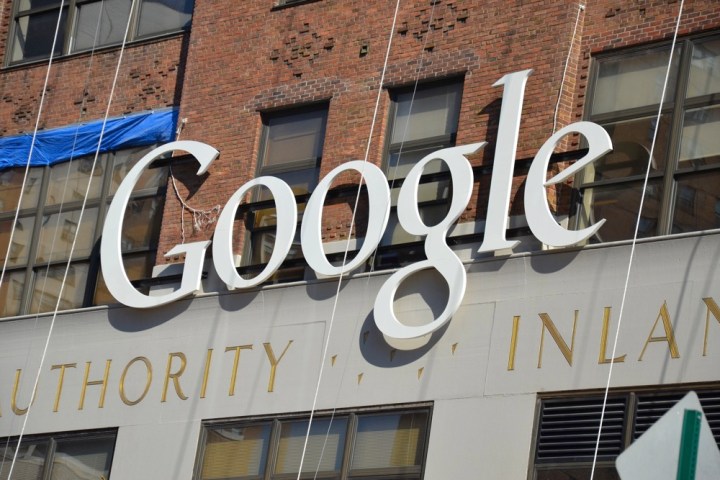
While Cardboard has proved a worthy and very affordable entry-level solution for those curious about stepping into another world via their smartphone, Google’s next VR effort will have a “solid plastic casing” and be “similar to Samsung’s Gear VR,” sources familiar with the matter told the Financial Times.
As you’d expect, Google’s reported VR unit, which could launch this September, will feature better quality lenses than Cardboard’s, and also incorporate sensors – just like the Gear VR – indicating it won’t be relying solely on the kit inside the smartphone to function.
In a bid to ensure the device’s success, Google is said to be working on making its headset compatible with a much wider selection of smartphones than the Gear VR, which currently only works with a small number of Samsung Galaxy devices.
The FT’s report, which appeared Sunday, also suggests Google could bake dedicated VR software into future versions of Android as part of an effort to make it easier for developers to write VR apps. Reports claiming Google is working to integrate VR into its mobile operating system first surfaced last year. It’s also hoped the software could work to reduce motion sickness which can affect users after prolonged use.
This weekend’s news comes less than two months after Google job postings were spotted that hinted at plans for a new VR headset. Further clear evidence that the company is looking to significantly expand its VR efforts came when Jason Toff, former general manager of Vine, recently returned to the Web giant “to work on virtual reality,” while Clay Bavor, Google’s VP for product management, recently switched positions to work solely on VR products.
With a more advanced headset, Google would be joining a growing list of tech firms building similar devices for a platform that is yet to fully establish itself in the minds of consumers as well as content creators. It’s feasible that a more sophisticated offering from Google could help give VR a nudge toward fulfilling its much-hyped promise.
If the FT’s report proves right, there’s a fair chance Google will use its I/O developer conference in May to spill the beans. And any such announcement could conceivably coincide with the unveiling of its rumored Android VR operating system, too.


